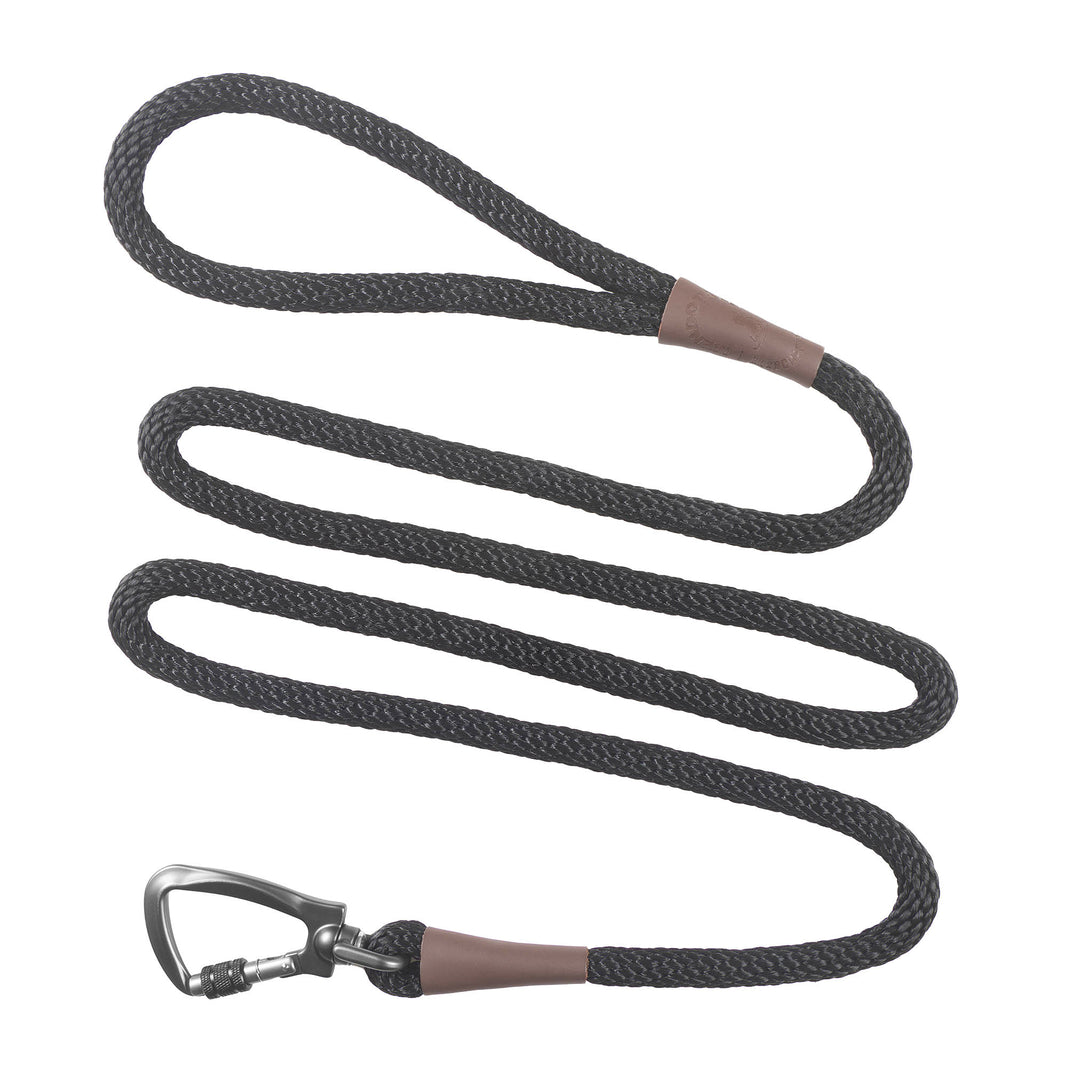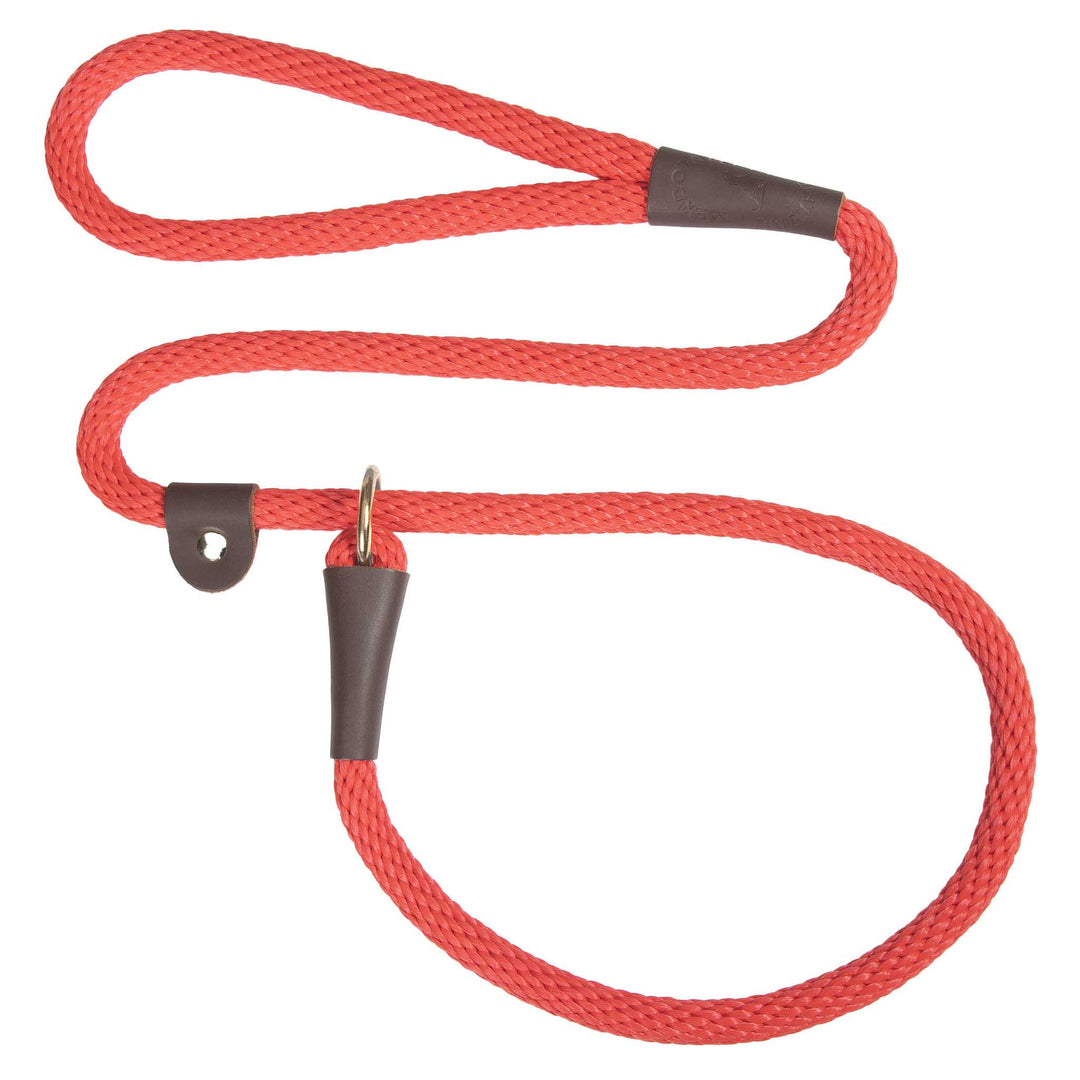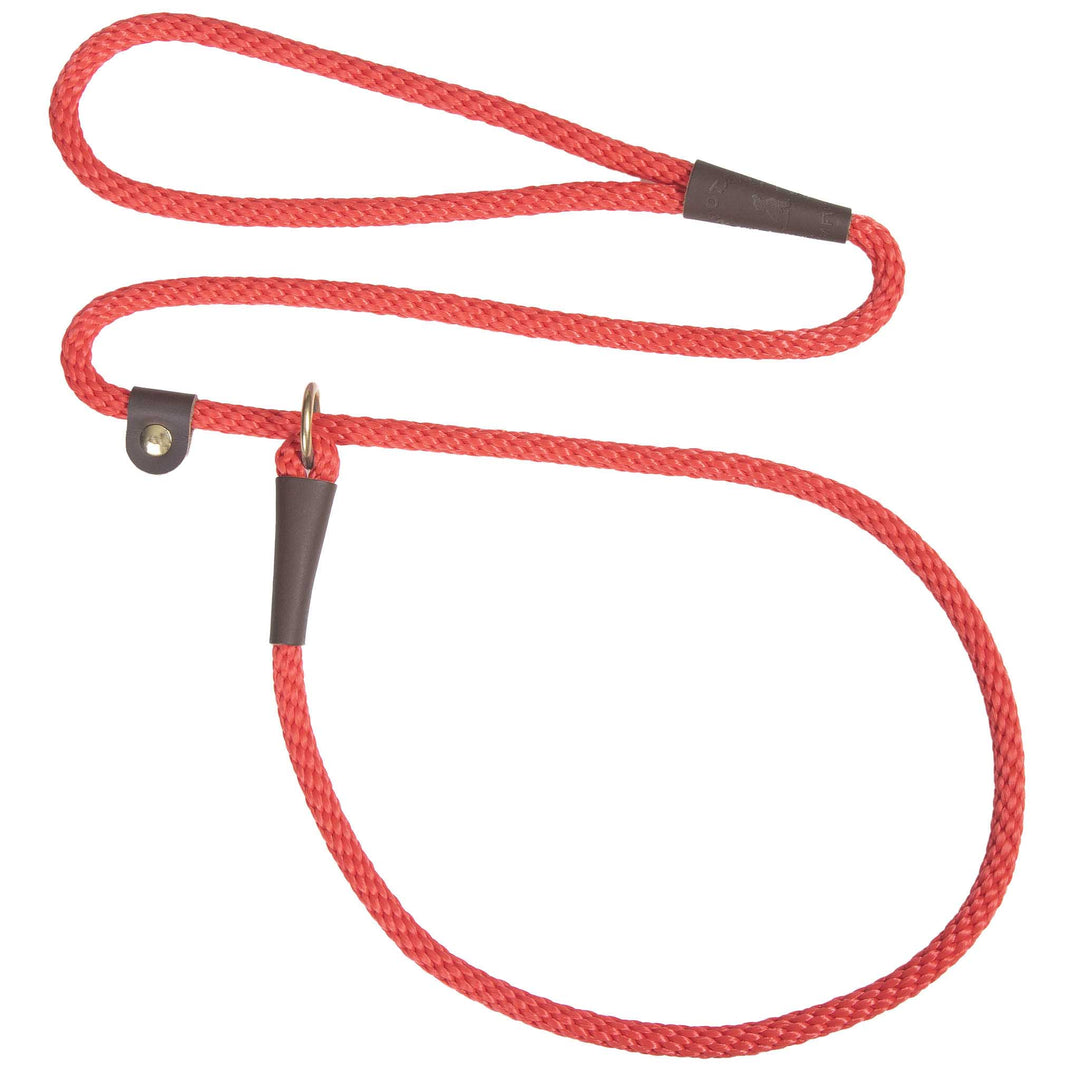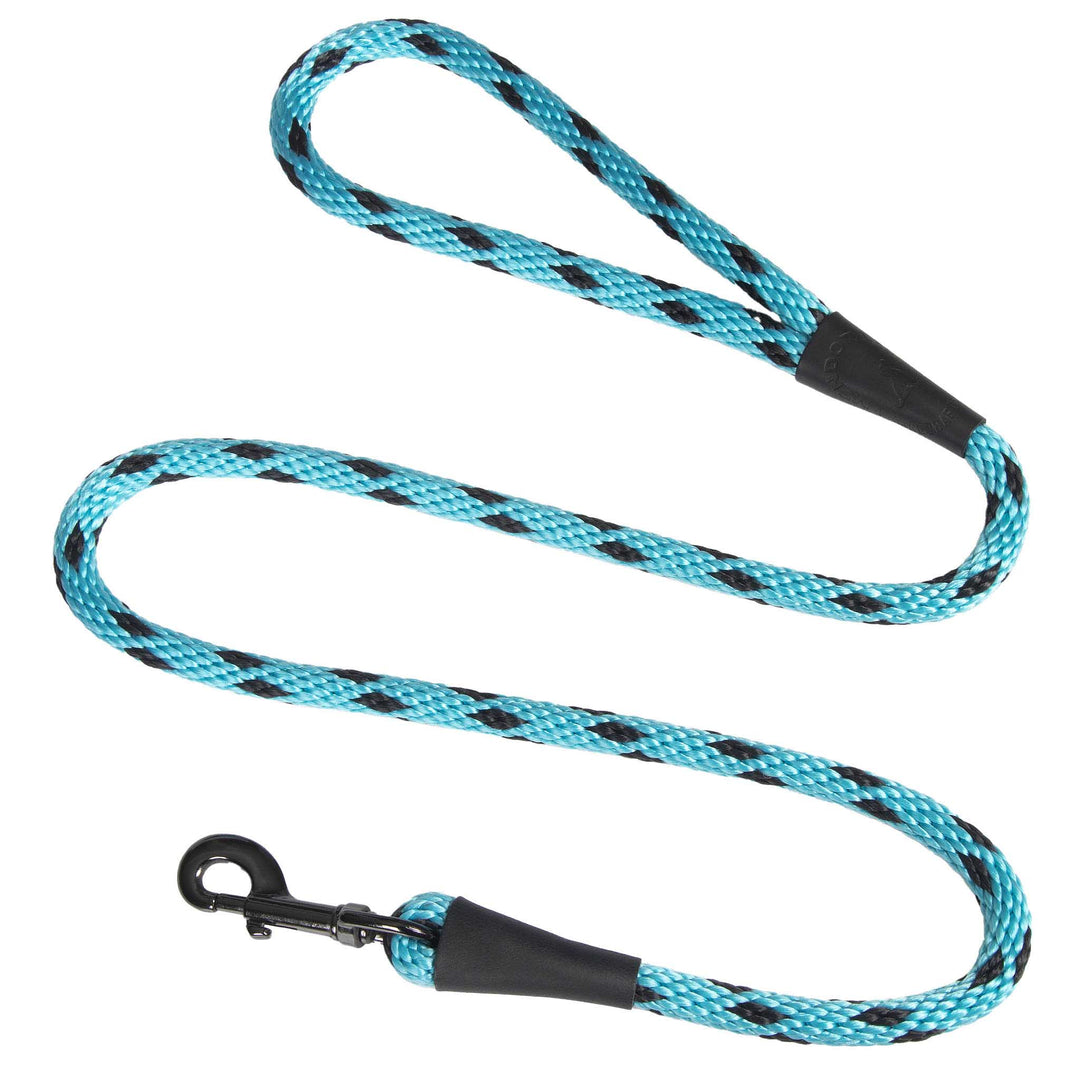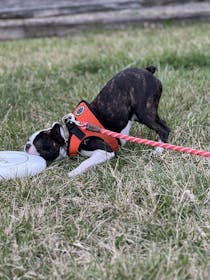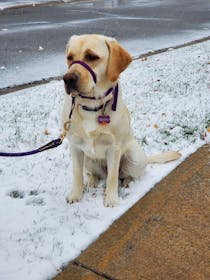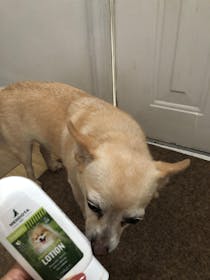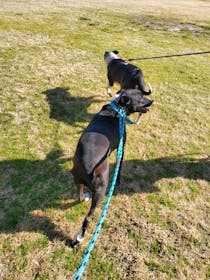Preparing A Go Bag for Pets
June is National Pet Preparedness Month and this year, we want you to be prepared.
Currently, we have massive fires raging in the West, tornadoes all over, and hurricane season on the way. We want to make sure you and your pets will come through the season fine.
Create an Emergency Evacuation Plan
The first thing to do is to create an emergency evacuation plan. Talk to family, friends and neighbors to create a plan that works for you. If you work outside of the house, make sure your neighbors who work at home can grab your pets should the need to evacuate arise. Arrange a primary and secondary meeting area for your family and make sure everyone understands their roles.
Packing a Go Bag
Ideally, each member of the family (including each pet) will have a go-bag available. A Go Bag should have everything you need to survive for 24-48 hours. These items can be stored in a single bag until you’re ready to use, then grab it on the way out the door.
One of the unusual items we encourage you to keep in your pet's go bag is a sportsman whistle. This handy item can not only help call your dog in an emergency, it also provides three handy tools in a very compact design:
- compass (liquid filled and luminous)
- safety whistle
- liquid filled thermometer (Fahrenheit)
Here are some other items you should include in your pet’s Go Bag:
Water and Collapsible Bowl
Your pets are resilient and can survive just about anything other than a lack of water. Clean drinking water is one of the most important parts of a go-bag. If your pets are large enough, they may even be able carry their own food.
We always suggest a collapsible dog bowl as they are easy to toss into a washer and lightweight enough to carry in a pack.
IDs & Photos
Make a copy of all of your pets health records, registration (if available), microchip number and owner number, as well as an updated photo. Attach these records in a waterproof envelope and attach to your kennel, and keep a copy on you at all times.
Medication
Keep a 3-day supply of pet medication in a waterproof container along with recent photos of your pet (ideally include one with you and your pet together), along with ID.
Leash/Lead
Ideally, you should include both a snap lead and a reliable slip lead in your kit. We also love the idea of hands-free handling with Mendota's Quick Leash.
However, depending on the room available, you may only be able to include one. Whichever leash you choose, make sure you understand how to use it and the benefits of each.
Muzzle and Harness
Public transportation and some shelters, usually require larger dogs to be muzzled. You'll want to make sure you have a basket muzzle available (as these allow your dog to breathe, eat and drink normally) as well as a harness to avoid any injuries with a stressed dog.
Kennel
Small pets should be kept in their crate or kennel during transport and upon arrival to public shelters. If you have mobility problems, make sure to invest in one with wheels so you can pull them, rather than carry them.
Food
Keep a 3-day supply of food, particularly if your pet has specific dietary needs.
Blanket or Towels
Most pets are not going to warm to an emergency blanket due to their crinkly, loud nature. But, you may want to include a regular towel or small blanket.
Paw Protection
Whether you’re in the west or east, you should have paw boots for your pets. Not only does this help protect against very hot sidewalks, it can help prevent your pet from picking up disease from other animals.
Clean Up
Make sure you have a roll of doggy bags (preferably biodegradable bags) and some individually packaged, lightweight pet-friendly wet wipes.

Other items to consider
Depending on your dogs, you may want to include some other items in your go bag. These include:
- Calm Time: This all-natural supplement is a great way to keep your pets calm for 8-10 hours at a time. Featuring natural plant enzymes and virtual pheromones, it helps create a sense of well-being for your dog.
- Sportsman’s Whistle: This whistle is three handy tools in a compact design: a compass (liquid filled and luminous), a safety whistle & a liquid filled thermometer (Fahrenheit). It has a rugged ABS housing which is safety orange and it’s designed and assembled in the USA.
- Digestive Enzymes & Probiotics: Your pet's stomach is bound to be nervous after a stressful situation. Our digestive enzymes will help.
- Visi-Vest: In areas of extreme weather, be certain your dog can be seen.
- Salmon Sticks:
- 15-ft Snap Lead: Our 15-foot snap lead is over twice the length of a traditional leash, giving your dog some extra room to play and train.
- DuraFlect Synthetic Collar: In wet or flooded areas, our synthetic collar not only provides extra visibility in low-light conditions, but is also anti-mold and doesn't hold odor.
- Toys: Our handmade toys are ideal for keeping pets relaxed and calm during emergencies.
- Slip Lead. These should be a standard item in any pet care kit. They enable you to quickly create a muzzle or harness should the need arise. They also allow you to quickly capture your nervous dog for ease in evacuation. It’s little wonder these leads are favored by animal rescuers around the world!
Create a list of pet-friendly hotels, boarding facilities, and/or pet-friendly public shelters near your home and workplace.
Understanding Your Rights In Emergencies
The PETS Act was passed in 2006 after Hurricane Katrina forced many owners to leave pets behind since shelters, hotels, public transportation and other places would not accept them. The PETS act authorizes FEMA to provide rescue, care, shelter, and emergency medical assistance to pets following any catastrophe.
You may think that this means you can take your pets into any hotel or public shelter during evacuation, but that’s not what it means.
While reputable hotels and shelters often suspend the “no pets'' rule, the act does not require them to do so.
Rather, the PETS Act allows extra funding for states to help with pets. This doesn’t mean your state will take advantage of the benefit or utilize it the way it was intended, but it’s a good start.
In most cases, you will still be required to keep your pets leashed and/or crated or muzzled while in shelters or on transportation. When making your emergency plan, be sure you verify that chosen meets will allow pets.



